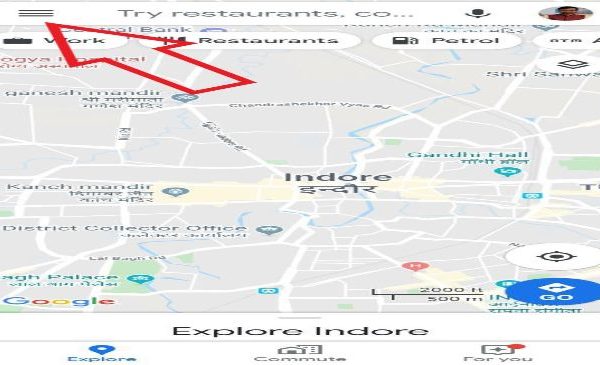There has been a prevailing misconception in recent times concerning the Income Tax Department’s (ITD) ability to track cashless transactions. Contrary to popular assumption, though, the ITD employs sophisticated technologies to closely examine transactions, eliminating any possibility of evasion. Banks and other financial institutions immediately notify the tax offices of any transactions that surpass predetermined thresholds, whether they are made with credit cards, UPI, or cash deposits and withdrawals
Read More : Check out these wise tips to protect your credit card from frauds right now
The income tax department uses advanced data analytics to cross-check this information with multiple sources and creates a comprehensive financial profile to identify any discrepancies between declared income and expenses. The government’s determination to combat tax evasion and promote transparency is demonstrated by the ITD’s proactive measures in closely examining financial transactions.
Common Transactions that ITD Flags
Read More : Popular eye creams that minimize puffiness
Large Cash Deposits- The income tax department becomes involved with any cash deposit made into savings accounts that exceeds Rs 10 lakh within a financial year. Deposits made into different accounts are still subject to scrutiny if their total exceeds the threshold.
Fixed deposit- When fixed deposits exceed Rs 10 lakh in a fiscal year, questions about where the money came from are raised, which is in line with efforts to stop tax evasion. Should the need arise, the tax department may ask where the money came from if you deposit more than Rs 10 lakh in fixed-income securities.
Securities Investment-Transparency in financial transactions is crucial, as evidenced by the possibility of tax notices for cash investments in shares, mutual funds, and bonds exceeding Rs 10 lakh.
Read More : The Process of obtaining your CIBIL credit score without a PAN card
Credit Card Bill payments-Credit card payments made in cash for balances more than Rs 1 lakh are scrutinised, emphasizing the necessity of providing clarification on the funding source.
Property Transactions-In an effort to prevent tax evasion and money laundering, property purchases exceeding Rs 30 lakhs are required to disclose the source of the funds, with stricter requirements in some areas.
Compliance Indicators and Repercussions
Ensuring adherence to tax regulations is crucial in order to prevent fines and inquiries. When responding to ITD inquiries, accurate supporting documentation—such as bank statements and investment records—is essential to demonstrating the source of funds.
Expert Recommendations
In order to avoid unjustified scrutiny, tax experts stress the significance of matching tax returns to income and expenses. Encouraging a culture of accountability and integrity in financial dealings, transparent disclosure of financial activities guarantees compliance with tax laws.













